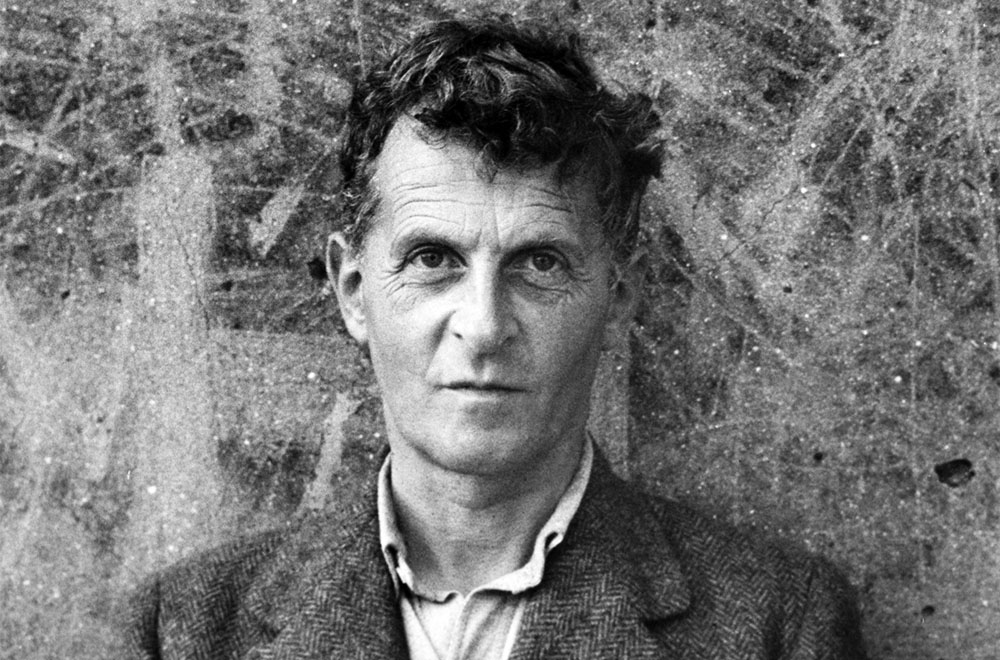Rodrigo César Castro Lima

Mystics often describe encounters with an ultimate reality, claiming to have experienced a profound, intuitive insight that transcends ordinary perception. Such experiences are considered as deeply meaningful and distinct from everyday understanding. However, a significant challenge arises when one attempts to express these experiences through language. Mystics frequently encounter the inadequacy of language and resort to what is known as an “apophatic approach” — describing the experience not by what it is, but by what it is not — since the experience itself exceeds the grasp of ordinary expression. The language employed in such descriptions is highly symbolic and can never fully encapsulate the “Absolute” that the mystic seeks to convey. Consequently, the mystic’s discourse often includes paradoxes and other resources, all of which represent efforts to articulate the “ineffable”. This repeated expressive failure underscores the limitations of language: words only point towards the “Absolute” but can never fully capture it. Given the frequent occurrence of these linguistic “limitations” in mystical texts, I propose an alternative analytical approach to this issue. In my view, the challenge lies not so much in the nature of the experience itself, but in the constraints of language as a public entity. Drawing on Wittgenstein’s philosophy, I will argue that the problem of mystical discourse is fundamentally linked to the “private language problem”. Wittgenstein contends that language is inherently public and, as such, the attempt at portraying private experiences is unallowed. However, this doesn’t imply that such experiences lack existence; rather, it suggests that the ineffability of mystical experiences results from the impossibility of translating private, internal phenomena into the public linguistic framework necessary for the establishment of meaning. In conclusion, the difficulty in articulating mystical experiences is not merely due to the nature of the experience but rather because they emerge from a private, subjective realm that eludes the criteria of public language required for communicative meaning.
Bio
Rodrigo Lima is currently pursuing a joint PhD degree between Université Paris 1 Panthéon-Sorbonne (France) and the University of São Paulo (Brazil), with a focus on philosophy of religion. His research mainly explores the implications of mysticism in religious discourse, as well as its intersections with epistemology and logic. Moreover, he also maintains a strong interest in contemporary philosophy, particularly the work of Ludwig Wittgenstein. He has also been a visiting student at institutions such as SciencesPo Paris, Peking University, and Humboldt Universität.
To join the session on Zoom, please contact André Kfouri at andresvkfouri@gmail.com for the details.
This is the tenth of a series of RIP seminars within the scope of the activities of the Lisbon Wittgenstein Group, coordinated by Nuno Venturinha.

